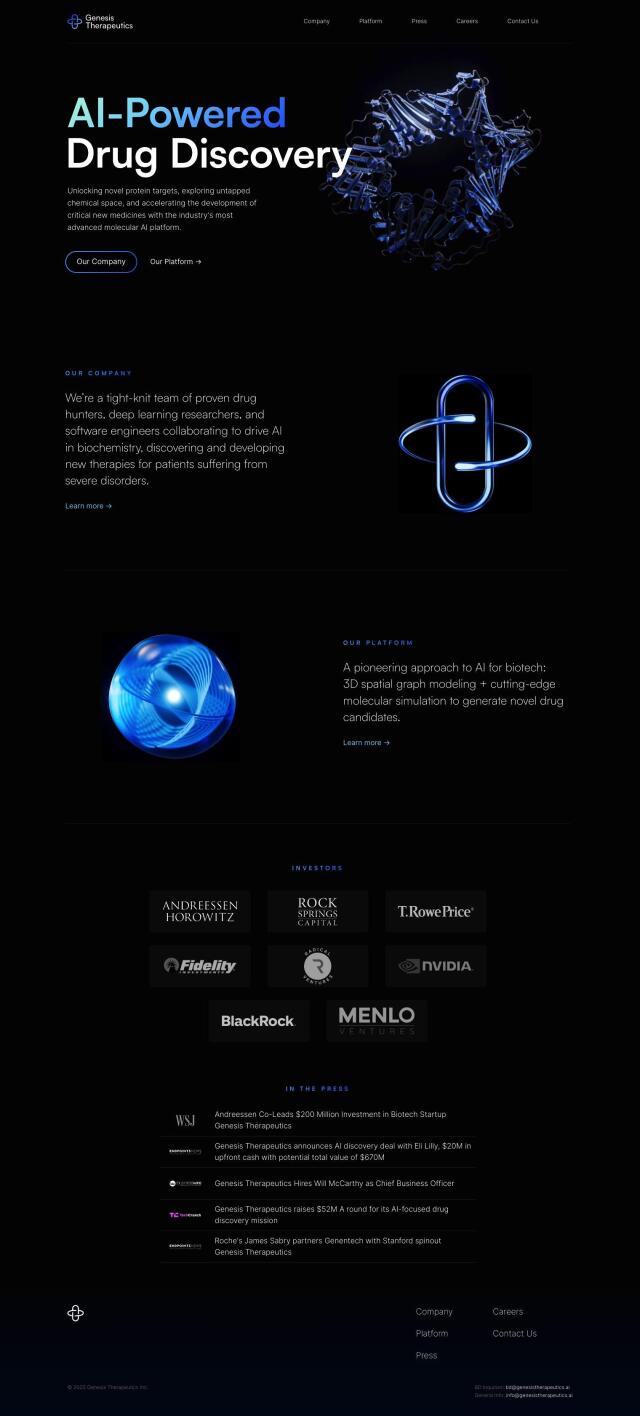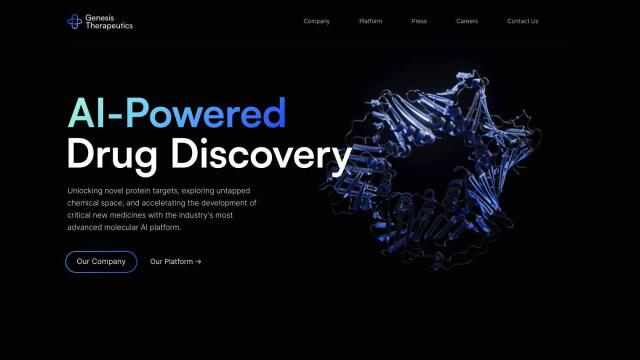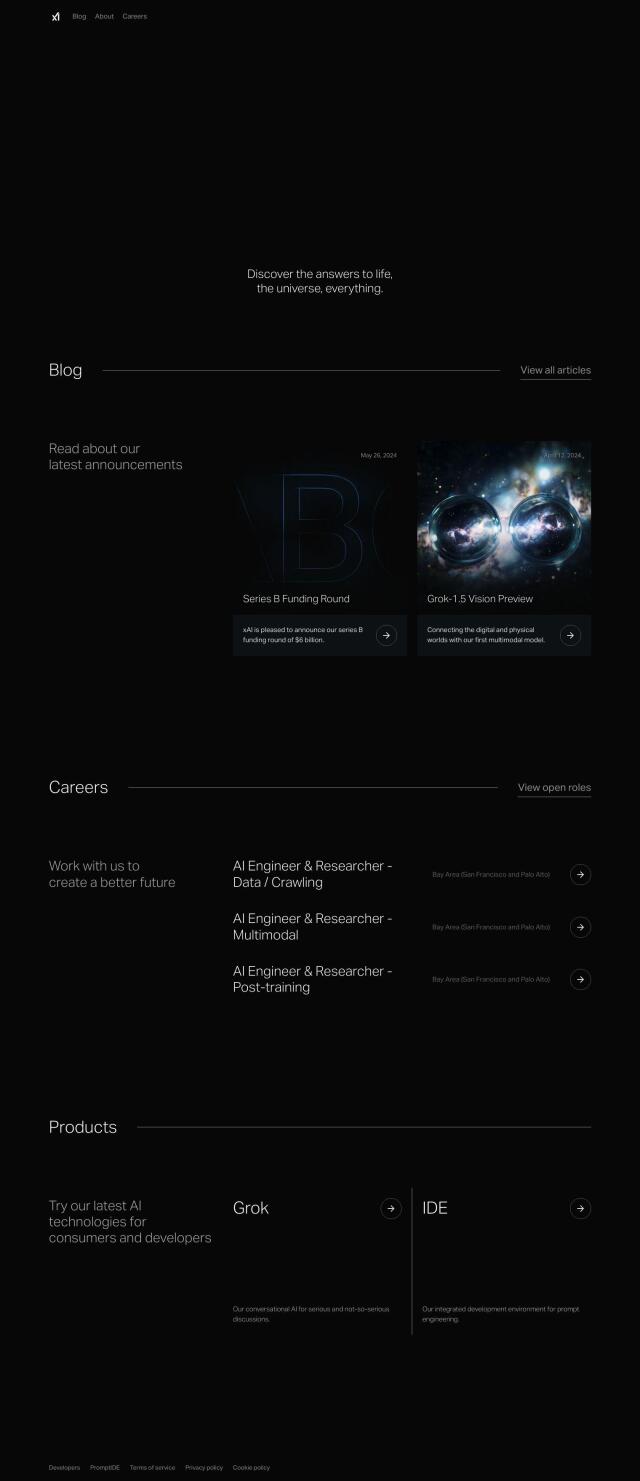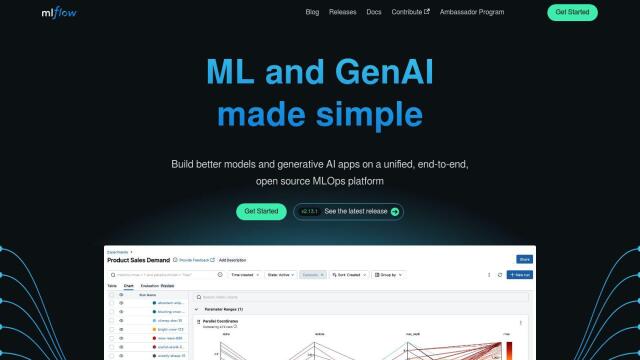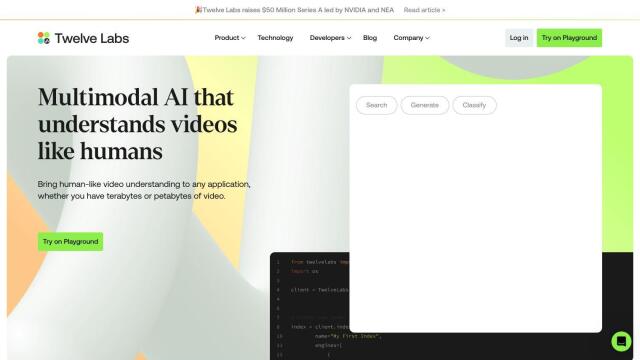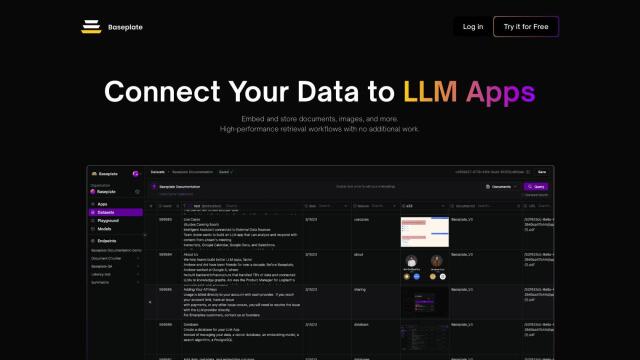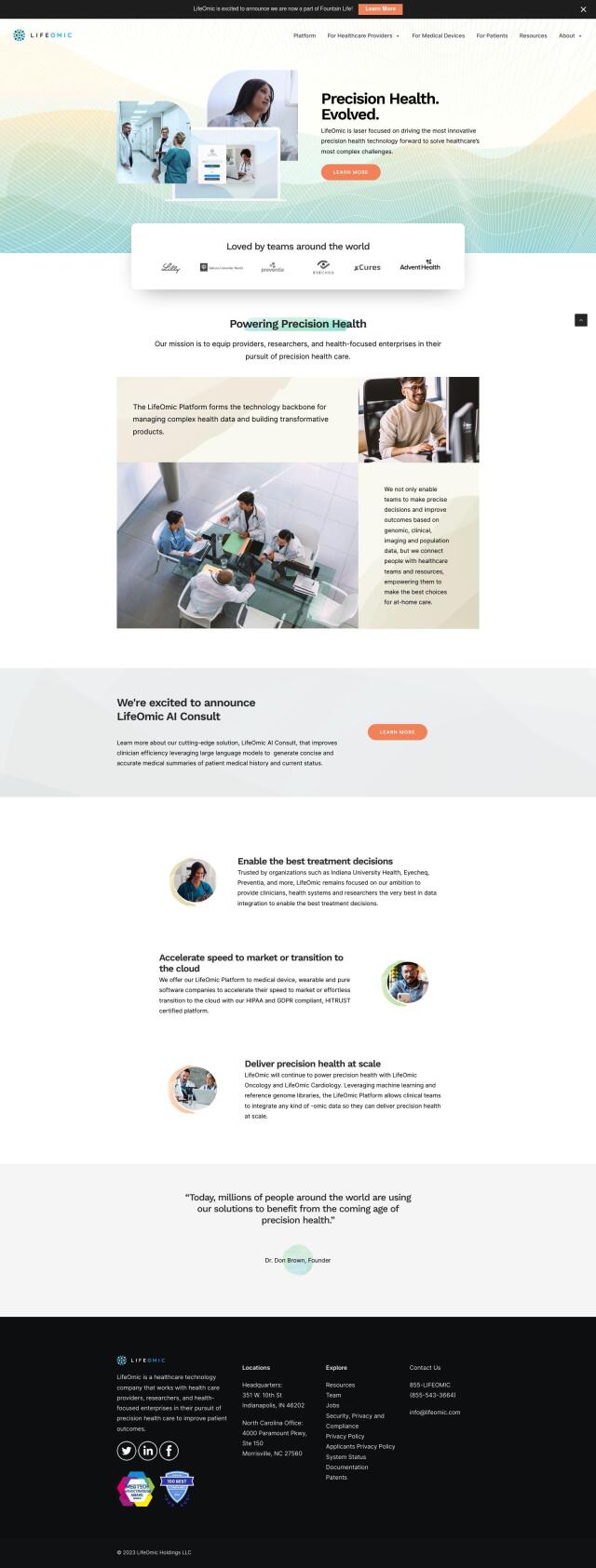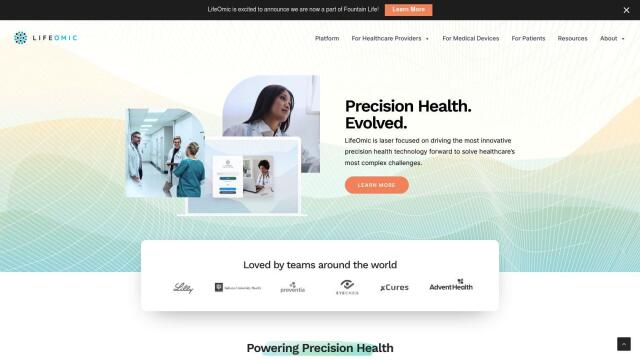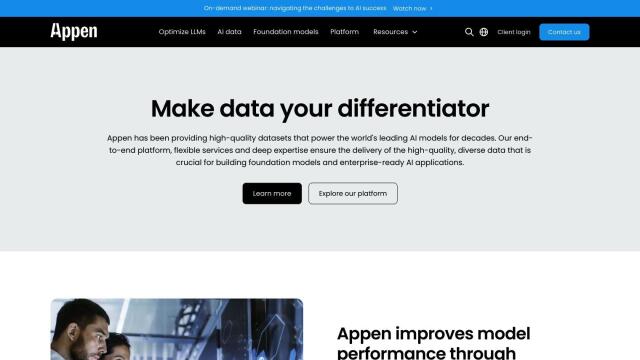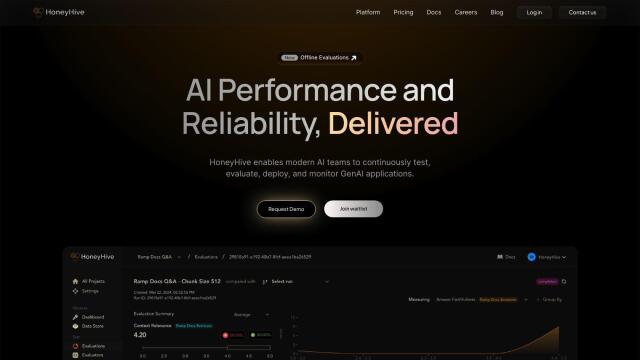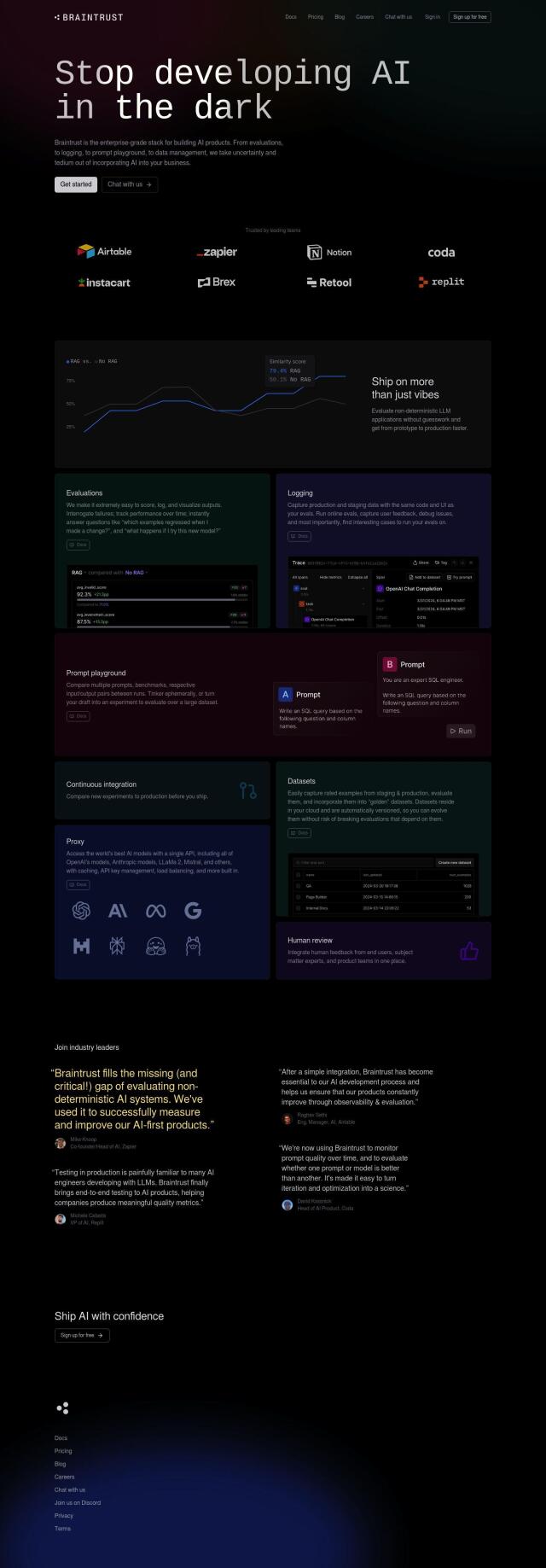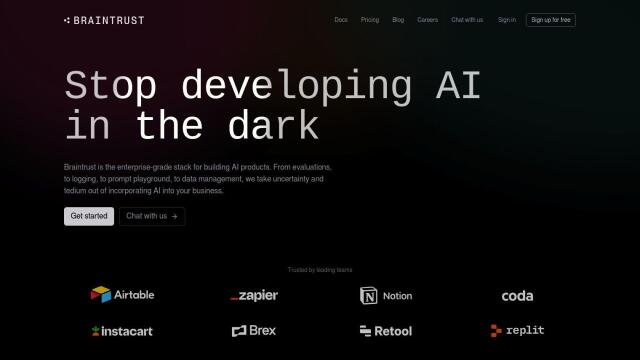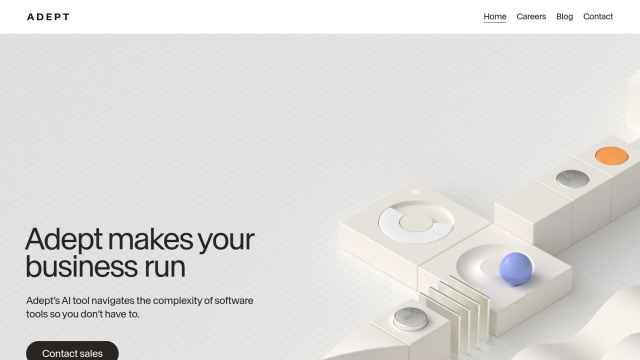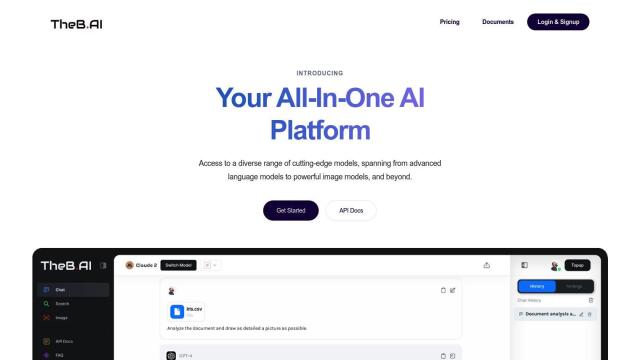Question: Do you know of a platform that uses biology-specific multimodal AI to understand experiments and provide scientific explainability?

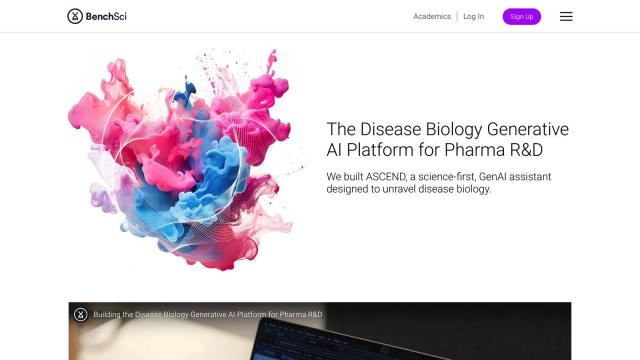
BenchSci
If you're looking for a platform that uses biology-specific multimodal AI to understand experiments and provide scientific explainability, BenchSci stands out as a compelling option. Their ASCEND platform is designed to accelerate drug discovery and complex research workflows in preclinical R&D. It features biology-specific multimodal AI that can interpret experiments from text and figures, and provides scientific support and onboarding through a team of over 100 scientists and engineers. The platform also includes generative AI-boosted features like summarization and conversational AI, which can inform experiment decisions and cut experimental failures.

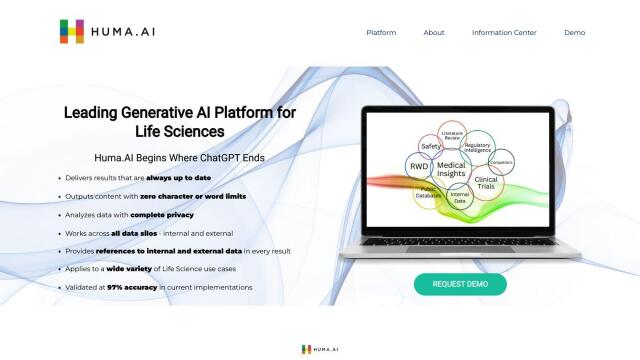
Huma.AI
Another noteworthy platform is Huma.AI, which is specifically designed for the life sciences industry. It allows professionals in medical affairs, regulatory affairs, and clinical development to analyze and interpret machine learning outputs. Huma.AI provides up-to-date results without character or word limits, complete privacy, and access to internal and external data sources. It is validated at 97% accuracy and backed by hands-on support from experienced professionals, making it a valuable tool for generating actionable data and insights in plain language.
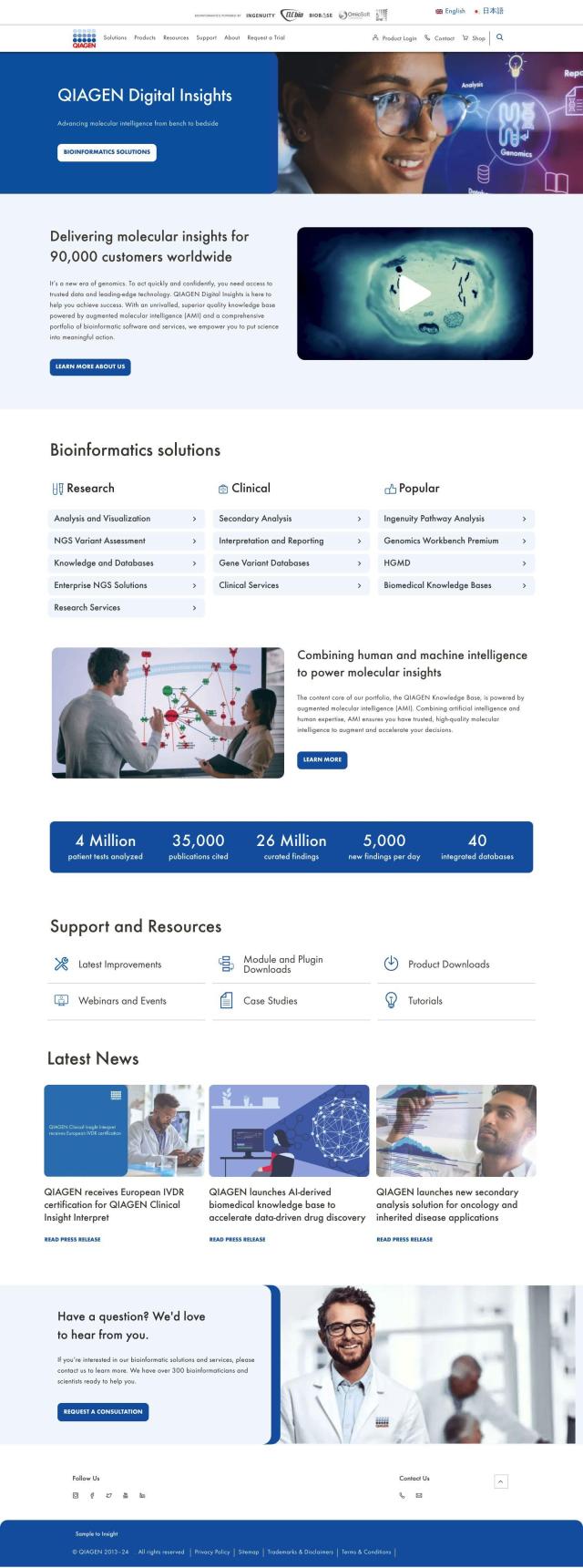
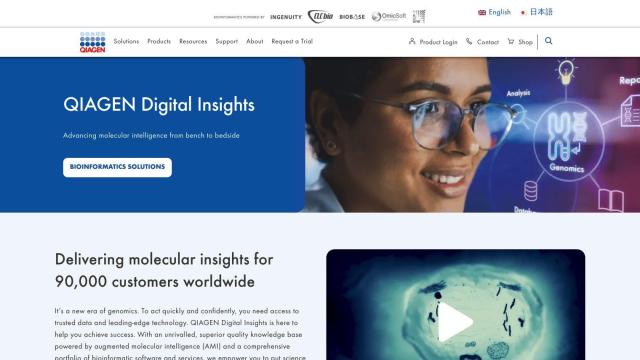
QIAGEN Digital Insights
For a more comprehensive bioinformatics solution, consider QIAGEN Digital Insights. This platform offers expert-curated solutions for genomic and clinical research, empowering users to extract actionable insights from basic research to patient care. It includes tools like Ingenuity Pathway Analysis and Genomics Workbench Premium, which provide robust capabilities for variant annotation, filtering, and triage. It also features an augmented molecular intelligence (AMI) powered knowledge base, ensuring high-quality molecular insights. The platform integrates with 40 databases and offers extensive support resources.
